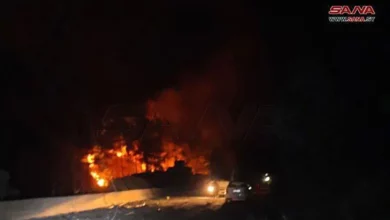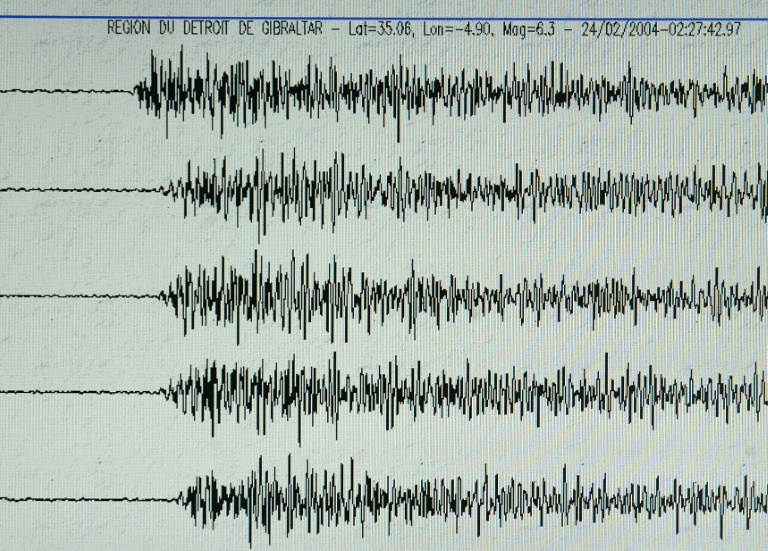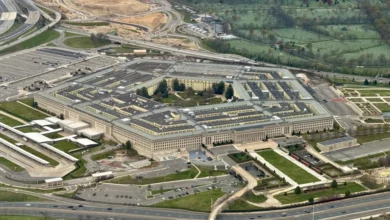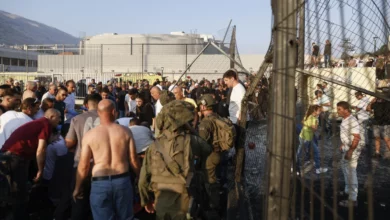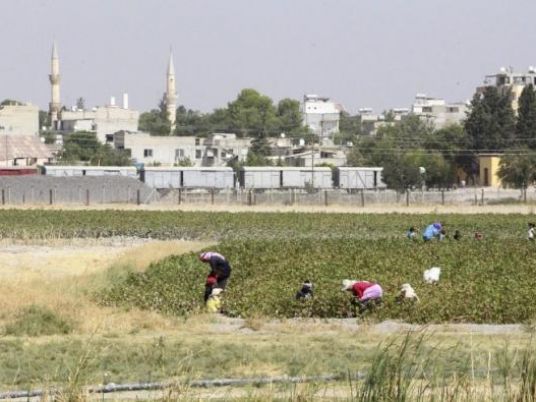
Humanitarian aid on Friday reached areas near the Syrian capital Damascus where fighting has been going on between rebels and government forces, but opposition groups said not enough assistance was getting through.
Taking advantage of a let-up in hostilities in Syria's civil war, a convoy of food and other supplies for 20,000 people left Damascus for the Eastern Ghouta district to the east, Jens Laerke, spokesman for the UN Office for the Coordination of Humanitarian Affairs, said.
A cessation of hostilities, which came into force on Saturday, has made it easier for the United Nations and Syrian Arab Red Crescent (SARC) to access hard-to-reach populations. But fighting continues in some parts of the country.
UN Resident Coordinator in Damascus Yacoub El Hillo said Friday's convoy was sent to the towns of Hazza, Saqba and Ain Terma, and the UN and SARC hoped to deliver to other towns in Eastern Ghouta in a couple of days.
"Deliveries will continue in the coming period and we [and our partners] are completely ready to take advantage of the recent favorable conditions in which fighting has noticeably decreased," El Hillo told reporters in Damascus.
The Syrian Observatory for Human Rights, a Britain-based organization that tracks the five-year-old conflict, said 25 trucks of humanitarian and medical aid had arrived in the town of Saqba.
But opposition groups have criticized as insufficient the number of aid deliveries that have reached populations since the cessation of hostilities began.
The head of rebel group Jaish al-Islam's political office, Mohamad Alloush, said aid delivered in recent days to opposition-held areas blockaded by the government "is not enough to meet 10 percent of the needs, and nothing has entered most of the areas".
Alloush is also a member of the opposition High Negotiations Committee, the main opposition council grouping armed and political opponents of Syrian President Bashar al-Assad.
The UN estimates there are almost 500,000 people living under siege in Syria, out of a total 4.6 million who are hard to reach with aid.
On Thursday, the World Health Organization delivered medical aid to Afrin and Azzaz, north of Aleppo, through the SARC.
The WHO delivered more than 100,000 treatments including antibiotics, analgesics, asthma, cardio-vascular and anti-diarrhoeal medicines, vitamins and medicines for non-communicable diseases.

